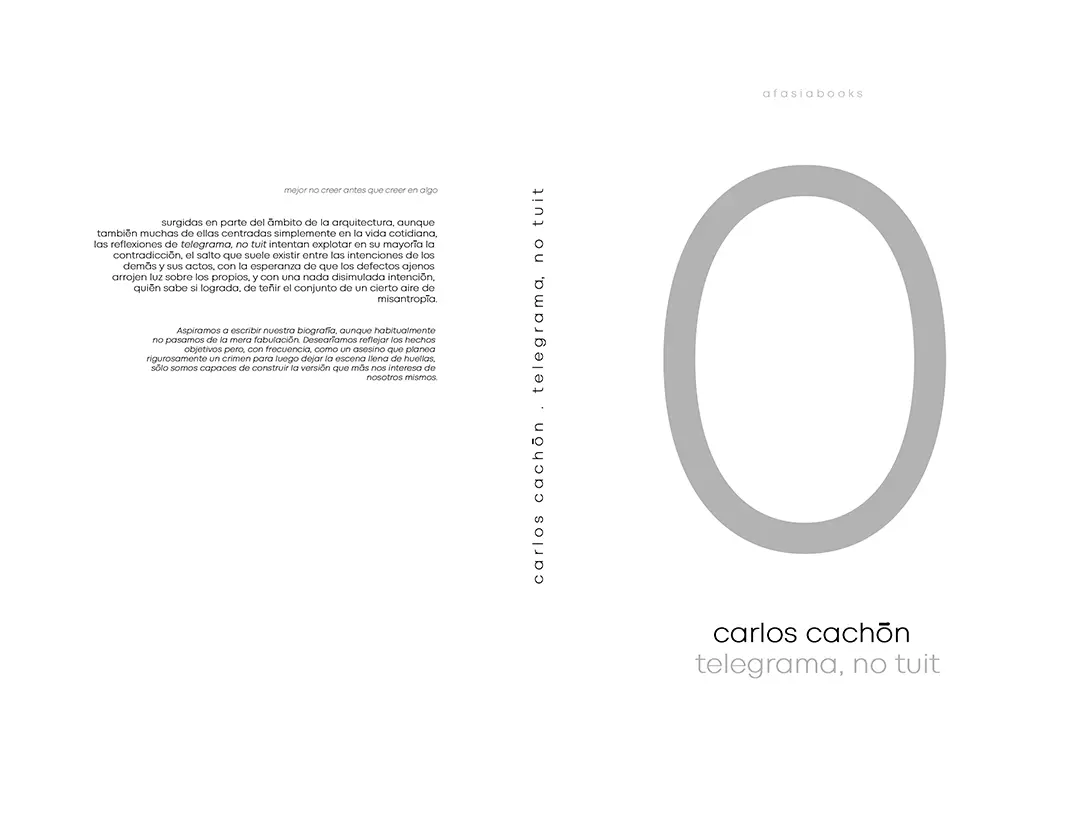LAnA . ISARCH AWARDS FOR ARCHITECTURE STUDENTS . First Prize
This research explores a potential METHODOLOGY for urban interventions in the historic city core areas.
These TRADITIONAL TISSUES are currently facing the effects of external forces, result of rapid development and hard socio-economic pressures. In opposition to the renewal programs that ignore the existing architectural and cultural heritage, this project proposes a number of innovative strategies to regenerate the traditional public space: a catalogue of URBAN TOOLS that solves the lack of infrastructure (water, drainage,…) and preserves traditional way of life by improving the quality of the common spaces. The POLS of Ahmedabad are regarded by historians, architects and urban designers as one of the finest surviving examples of urbanism and domestic architecture in Indian tradition. They represent a beautiful manifestation of compact and climatically responsive urban settlement where the past and the future are still able to coexist. The itemized analysis of the tissue reveals the need of SMALL-SCALE INTERVENTIONS to regenerate existing spaces. Five study cases are identified as representative sites to implant a network of INTERCONNECTED DEVICES that positively transform and reorganize these scenarios. These artifacts are designed to harness local resources, materials and technologies, with a high commitment to social and environmental sustainability. In the Pols, community life is closely linked to the urban morphology and for this reason, the proposal tries to RESTORE the IDENTITY of the public space as a place for daily activities and social interaction. This is not just a project, a flexible and ADAPTIVE SYSTEM is conceived to manage urban contexts with similar complexity, in constant process of development and changing paradigms. The proposal calls for an INTEGRAL APPROACH in the revitalization of traditional urban areas. Every renewal intervention in the city core has to be focused on: natural, social and cultural resources; sustainable local technologies; and both individual and collective values. The final purpose of this research is to EMPOWER and increase the capacity of a SOCIETY to develop the required skills to build its own FUTURE.


.jpg)
.jpg)
.jpg)
.jpg)
.jpg)
.jpg)
